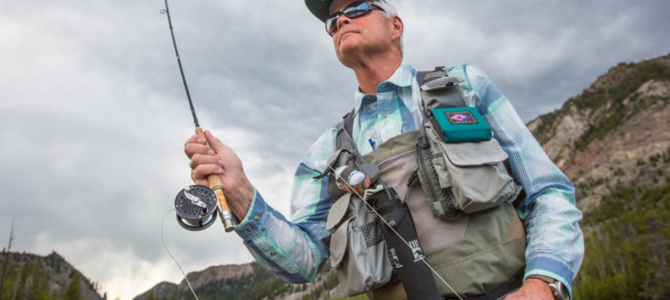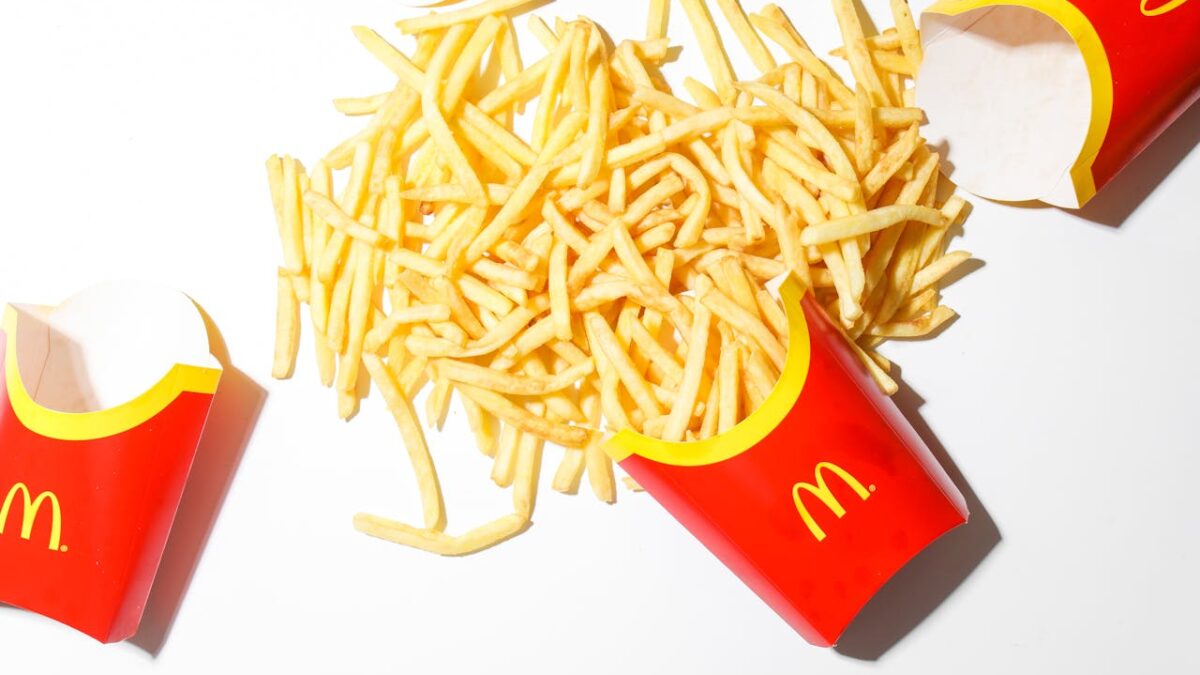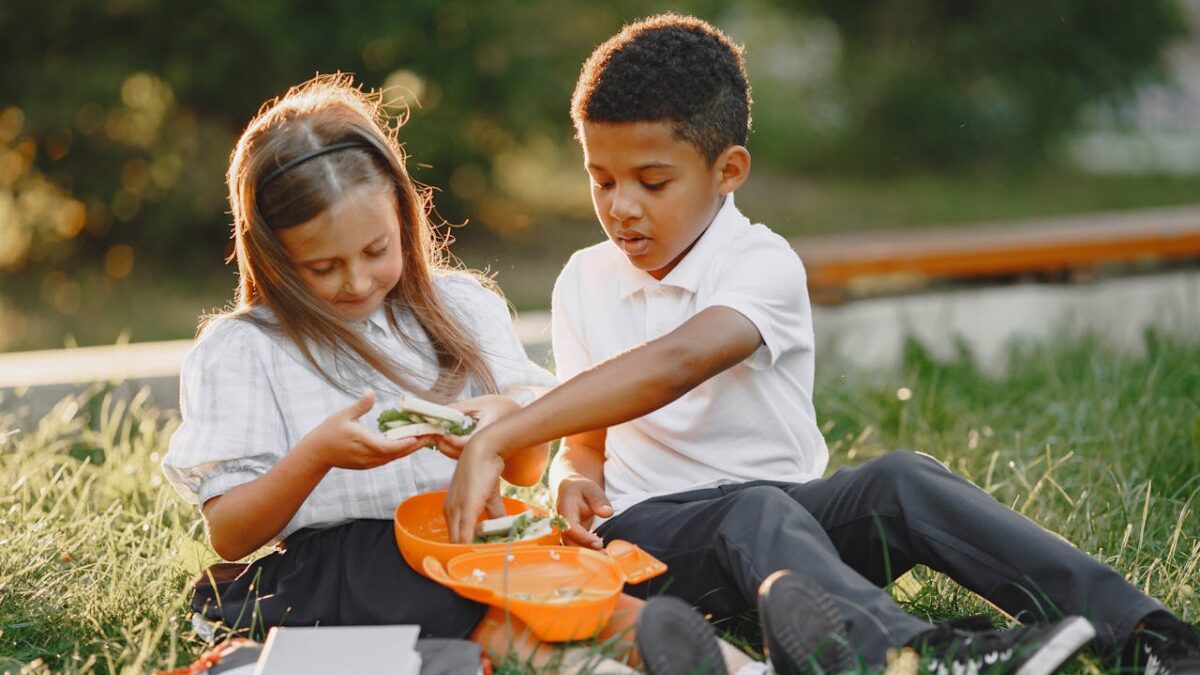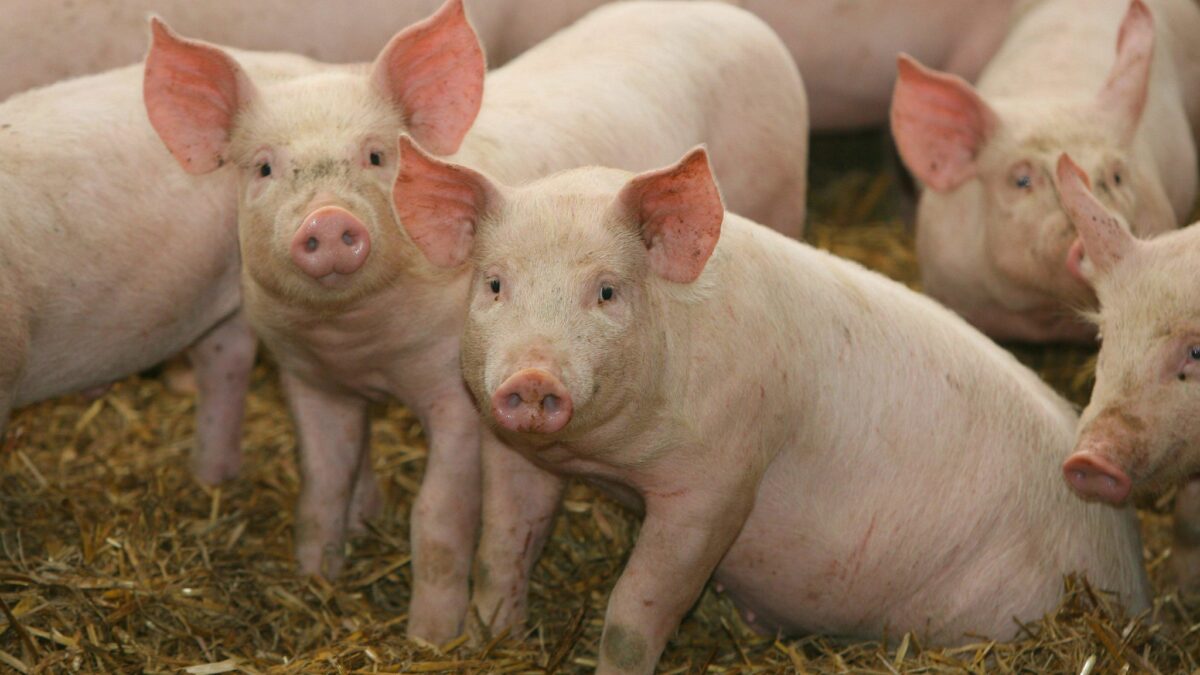
The Wuhan coronavirus pandemic has ignited nationwide anxiety. Primed with viral videos of disturbing scenes on Chinese streets, the American public has been introduced to the concept of exponential growth, face mask shortages, and overburdened health-care systems. Panic levels are high, toilet paper supplies are low, and March Madness isn’t happening, which is the surest sign of apocalypse.
But this forced break from work also gives everyone an opportunity to lean in to the activities that have, historically, made American life so rich. I’d like to submit fishing as the perfect coronavirus activity — and your new favorite pastime.
Social Distancing in the Great Outdoors
Angling adheres to all the rules of social distancing. Indeed, isolation is one of fishing’s greatest benefits. You’re trying to avoid other people, especially those out to steal your fishing spot. There’s nothing quite like a still morning as the sun rises, the fog lifts, and you find yourself alone in an inlet of prime bass habitat. Unless you start eating crappie raw, there’s no way you’ll contract coronavirus or spread it to anyone else.
But you don’t have to be totally alone. Self-imposed isolation can be mentally taxing, and getting together with one or two non-infected friends might become more necessary than ever in the weeks and months ahead. Last week, I went crappie and sand bass fishing with a college buddy on the Indian Creek outside Tyler, Texas. We bagged nine fish, but more importantly, we chatted about life and reminisced about college. It was as much a mental oasis as a physical one.
If you’re committed to interacting only with members of your immediate family, this is also the perfect opportunity to take your kids fishing. They’ll need to get out of the house after two days at home, and you’ll need them out even more. Your tax dollars paid for the fish in that local community pond — put them to good use. Texas Parks and Wildlife stocks small ponds throughout my state, and your fish and wildlife agency likely does too.
On Saturday, I took my 4-year-old son to the catfish pond 10 minutes from our house, and he snagged a fish on a simple hook, weight, and bobber loaded with a nightcrawler. We stayed away from the other families at the pond, and he got his wiggles out before 10 a.m. He also told me repeatedly today that he’s “the best fisherman in the world,” which may be the only shortcoming in my plan.
According to Dr. James Buehler, a clinical professor at Drexel University and former Philadelphia health commissioner, “There’s much less risk [of catching coronavirus] if you’re in outdoor spaces” because “you’re probably less likely to be very close to other people.” Buehler told local Philadelphia public radio station WHYY that the “greatest likelihood” of spreading coronavirus “appears to take a fairly close, and often sustained, exposure to someone in an indoor setting.”
Fishing Facilitates Self-Sufficiency
Fishing is both fun and epidemiologist-approved, and it allows for a modicum of self-sufficiency. Our local grocer is low on some of the essentials as people panic-buy for the apocalypse. Fishing can help restock the freezer for at least two or three nights. Just a few fish filleted and fried can provide dinner for a family of four, and while you (probably) won’t survive long-term fishing your local lake, it’s a healthy, Lenten supplement to any diet.
I also like fishing for food because it counters a mindset prevalent on both the left and the right that looks to the government to provide for basic needs. Of course, federal, state, and local governments should be coordinating and implementing a robust response to the coronavirus outbreak. If you’re actually excited about the next two months because you can finally go off the grid and eat through the MREs you’ve been stockpiling for the last 30 years, you’re doing community wrong.
But fishing separates you from the 24/7 obsession with how the various levels of government have been responding to the outbreak. It imparts a sense of control and usefulness to folks who can’t to go work and provide in their usual way, and it reminds us that we can still act to help our families and neighbors through this time.
Nature Is Better Than Netflix
Finally, angling during coronavirus gives us a chance to reconnect with the natural world. In listening to how people plan to spend their weeks indoors, I’ve heard activities ranging from Netflix to Netflix and chill. I realize those aren’t the same hobbies (thanks, pop-culture-savvy sister-in-law), but why are we only considering indoor activities?
The benefits of spending time in the natural world are especially necessary these days, and none more so than nature’s tendency to comfort us by humbling us. In his book “The Ember and the Stars,” philosopher Erazim V. Kohák explains how the forest absorbs the human pain that the modern world simply reflects:
To reconcile, that is what the forest does, silent and accepting, as if God were present therein, taking the grief unto Himself. When humans no longer think themselves alone, masters of all they survey, when they discern the humility of their place in the vastness of God’s creation, then that creation and its God can share the pain. For the Christians, the Cross symbolized that reality; confronted with it, the human is not freed of grief, but he is no longer alone to bear it. It is taken up, shared.
The world that shrinks to the point of a CNN segment rapidly expands in the forest or on the water. The vastness of a deep lake mirrors the vastness of space to remind us we’re not all that exists. That understanding makes me feel both small and, strangely, less alone.
Creation and its creator do not participate in the anxiety that has gripped the world, but as Kohák points out, they share in it. Watching Netflix can’t remind us of this fact, but a day on the lake just might.
Anybody Can Learn to Fish
“That’s a great thought,” you might be saying, “but I’ve never fished before, and I don’t know the first place to start.”
The best first step is to reach out to a family member or friend with fishing experience and let them walk you through the process. If you don’t have anyone like that, YouTube is a great place to find basic information, and your state wildlife agency likely has a program for new anglers. Plus, Amazon is still well-stocked with inexpensive fishing gear.
If you have coronavirus, stay inside and rest. But if you still feel well, going fishing might be just what the doctor ordered. Practice responsible social distancing while harvesting food, having fun, and exploring the world beyond Netflix. Toilet paper memes are great, and the fish might not bite, but a bad day on the lake is always better than a good day online.









